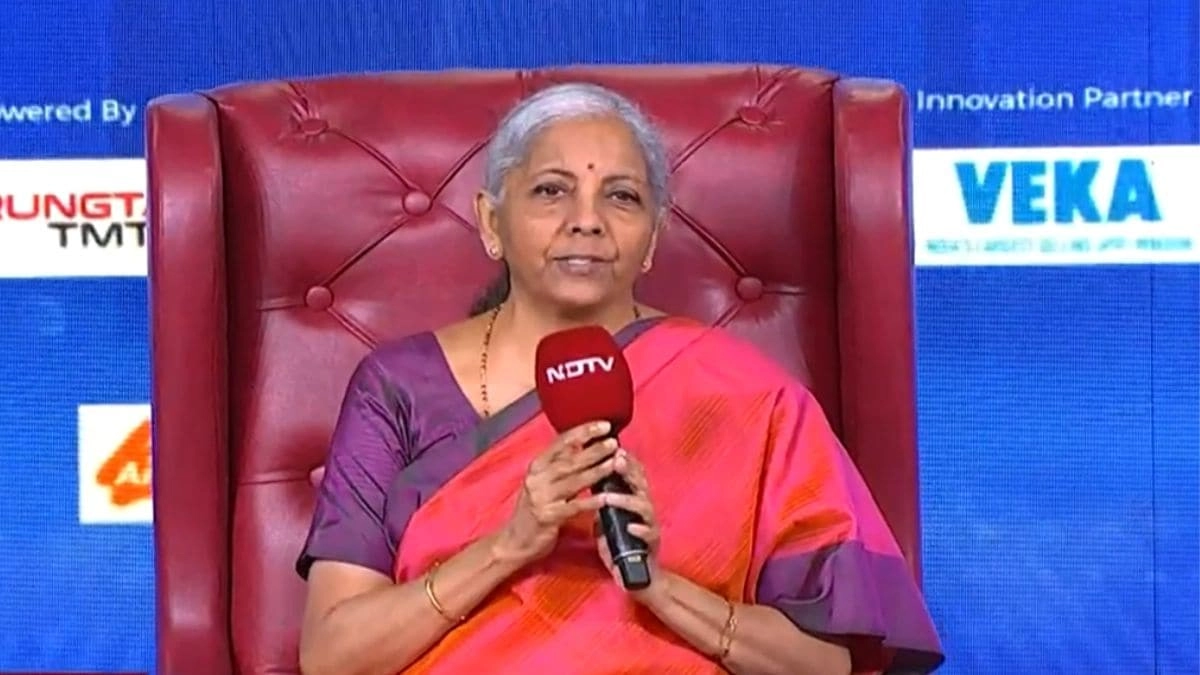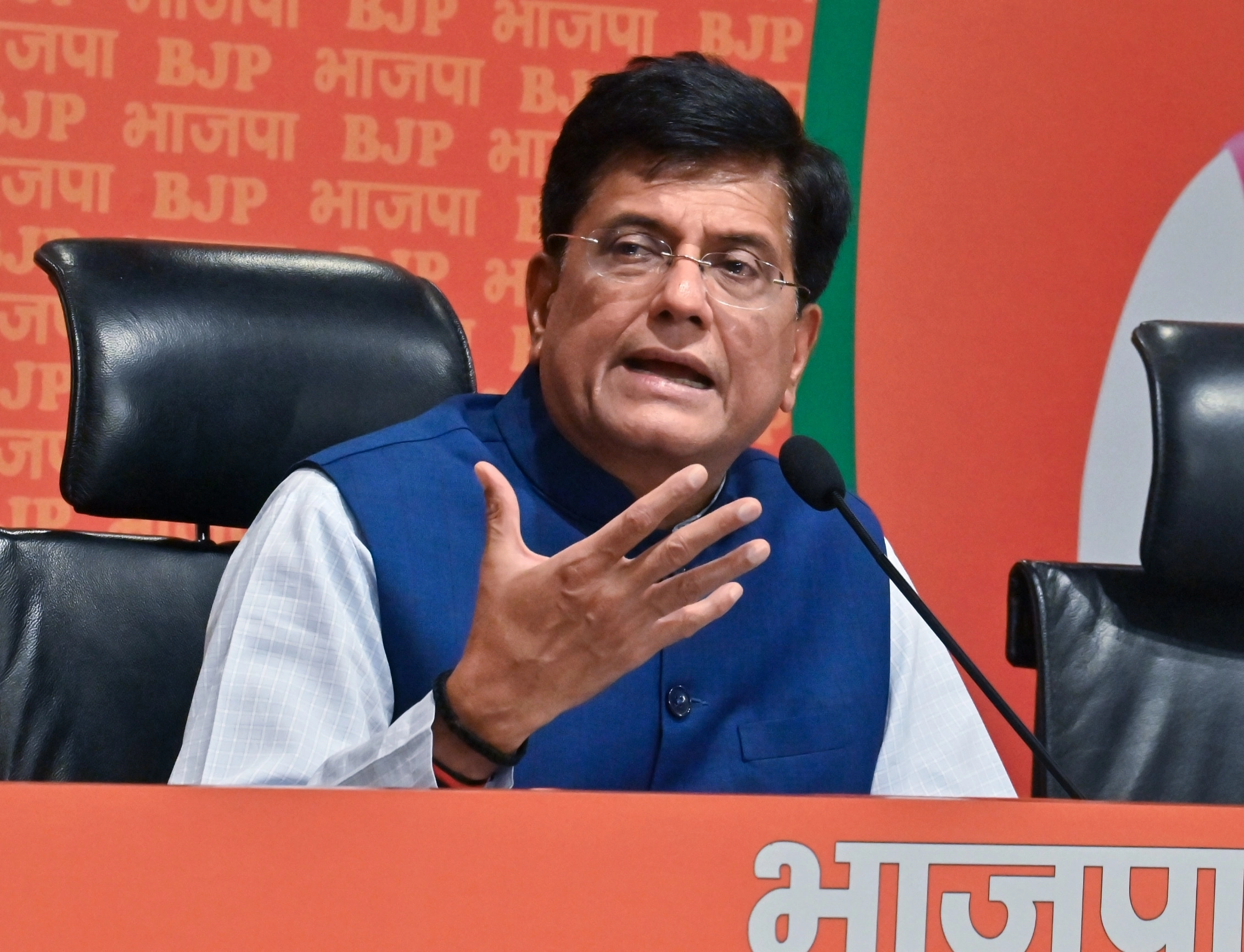In a recent GST Conclave hosted by NDTV Profit, Finance Minister Nirmala Sitharaman emphasized that the reforms being discussed have been in the pipeline for approximately 1.5 years. Her remarks highlight the government’s commitment to enhancing the Goods and Services Tax (GST) framework, which has been pivotal in transforming India’s indirect taxation landscape. Sitharaman’s comments come at a time when the government is keen on improving compliance, optimizing tax collection, and ensuring that the tax structure remains beneficial for both businesses and consumers alike.
During the conclave, Sitharaman elaborated on the various challenges and opportunities that have arisen in the GST ecosystem, particularly in light of the ongoing economic recovery post-pandemic. She acknowledged the need for continuous dialogue between the government and stakeholders in order to refine the GST system further. By engaging with industry leaders and tax experts, the government aims to address the complexities that businesses face in navigating the tax landscape, ensuring that the reforms are not only effective but also practical for implementation.
The Finance Minister also highlighted the significant role that technology plays in modernizing GST compliance and administration. With advancements in digital infrastructure, the government is working towards making the tax filing process more user-friendly and efficient. This technological integration is expected to reduce the compliance burden on businesses, ultimately leading to higher tax revenues and a more robust economy. Sitharaman’s assertions underscore the government’s resolve to create a seamless GST experience that supports growth and fosters a conducive environment for businesses to thrive.
Overall, the NDTV Profit GST Conclave served as a platform for crucial discussions on the future of taxation in India. Sitharaman’s insights reflect the government’s proactive approach to addressing the evolving needs of the economy while ensuring that the benefits of GST reforms reach all corners of the country. As these reforms unfold, stakeholders will be closely monitoring their implementation and impact on the broader economic landscape, with the hope that they will lead to a more efficient and equitable tax system for all.




